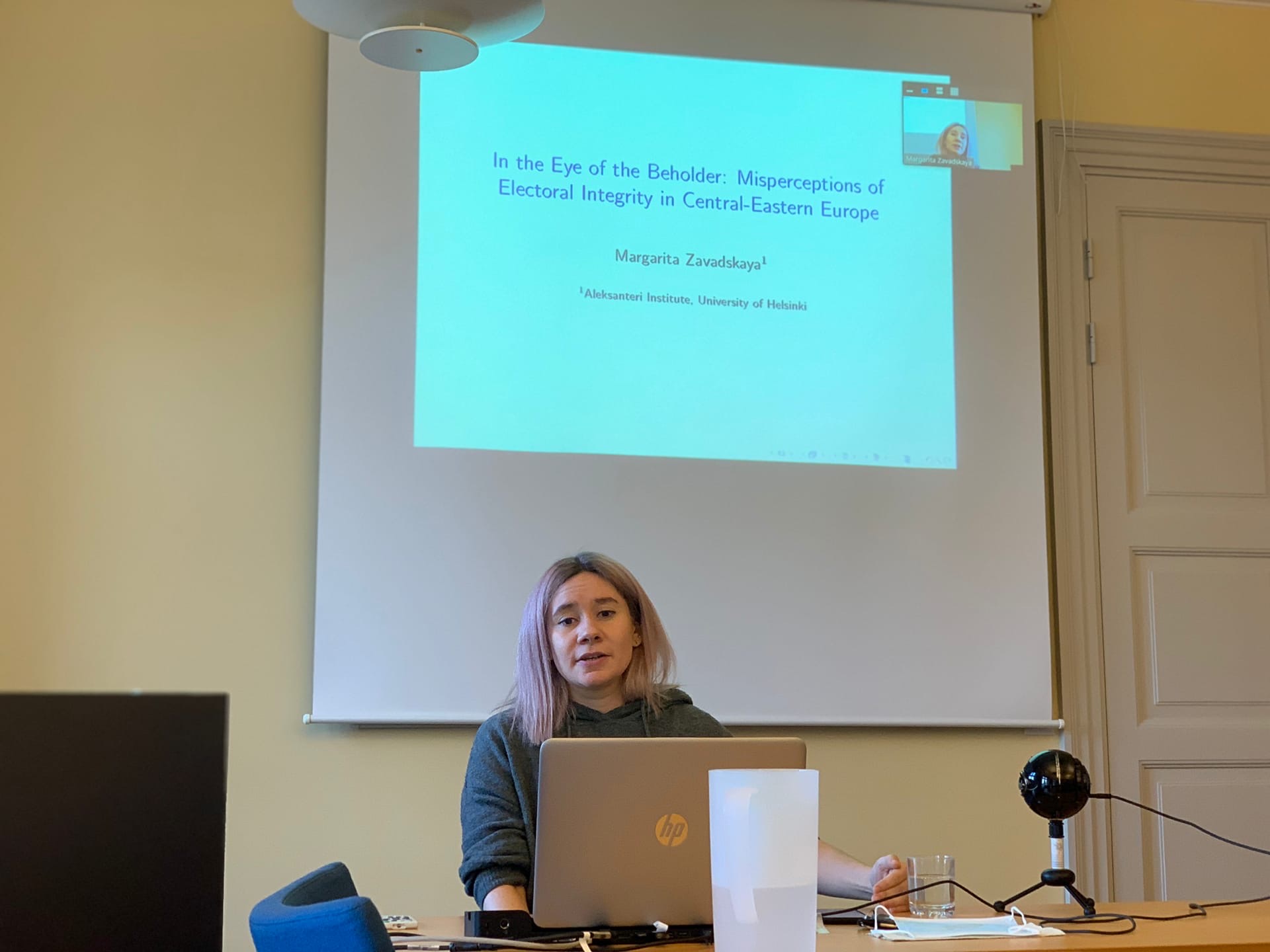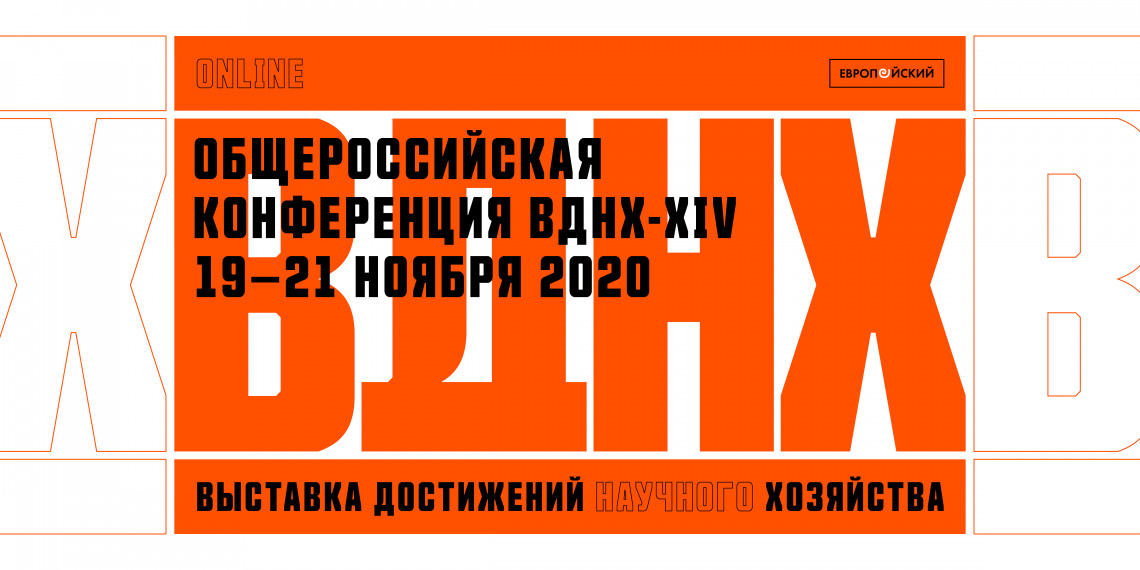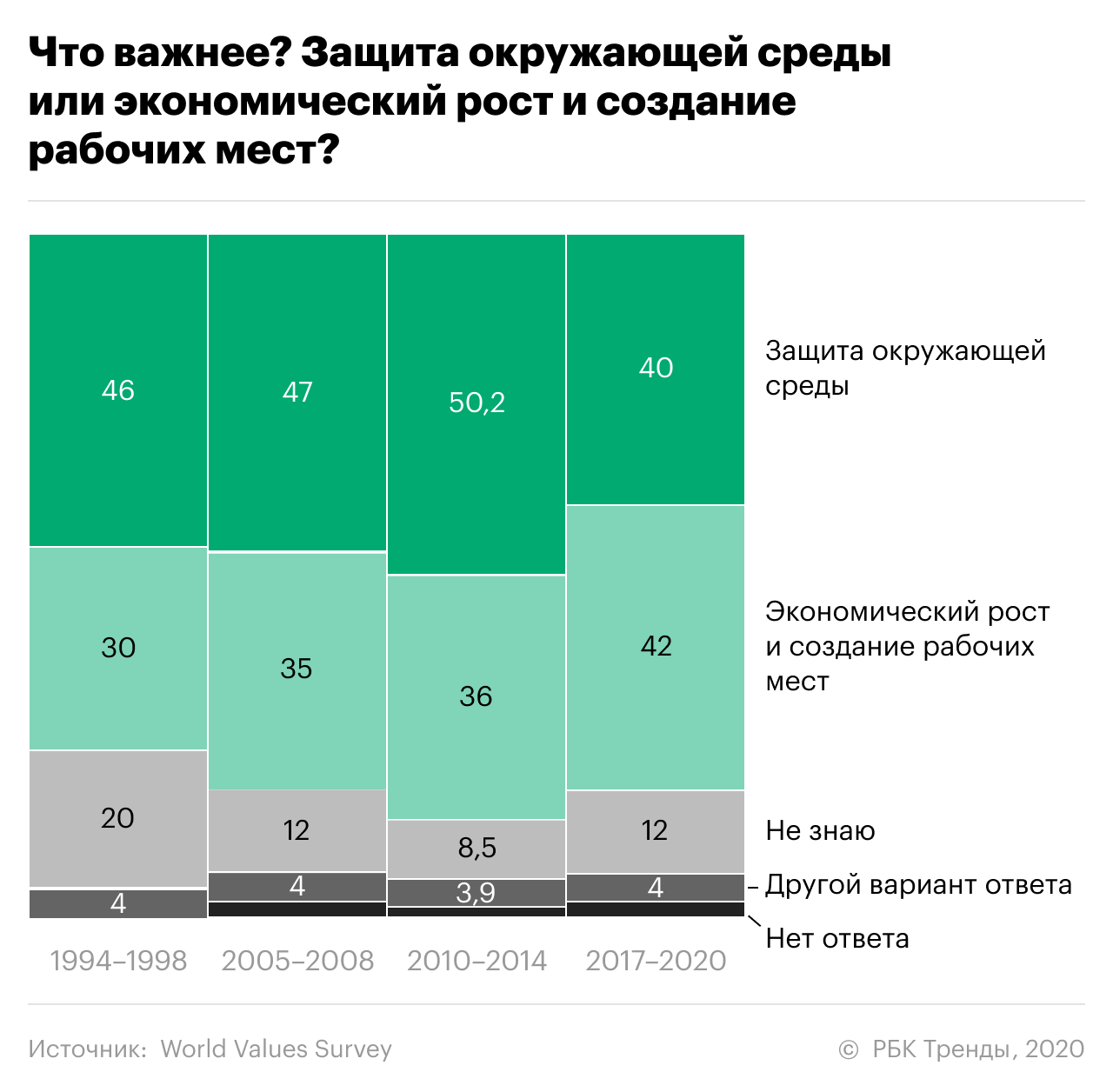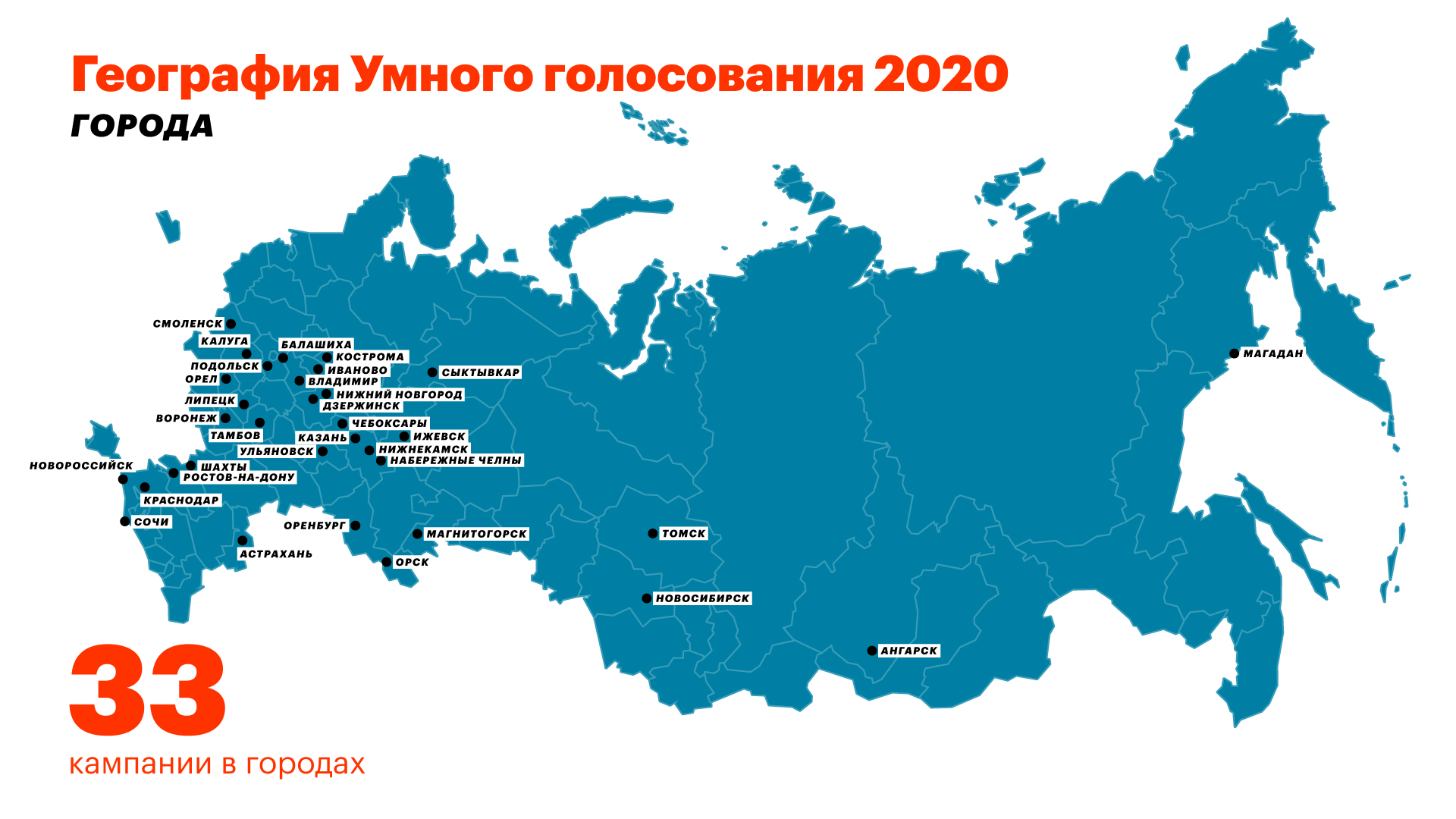Yesterday our project held its first seminar “In the Eye of the Beholder: Misperceptions of Electoral Integrity in Central-Eastern Europe”. Margarita Zavadskaya presented the early results of the empirical analysis, Elena Gorbacheva chaired the seminar, and Emilia Palonen, leader of the Helsinki Hub on Emotions, Populism & Polarisation, acted as a discussant.
 At the seminar, Margarita Zavadskaya discussed the differences between expert and mass perceptions of electoral integrity in Central-Eastern Europe. In some post-communist states, people tend to overestimate the quality of elections while in other citizens are more critical to conducted elections even if they are assessed as democratic by experts. To a certain extent, it happens due to the experience of the authoritarian rule in communist times and the current evolution of emancipation values. In her presentation, Margarita argued that people with preferences for authoritarian leadership and a strong national identity are more likely to overestimate the quality of elections in their country. In contrast, people holding post-materialist values with a higher level of education can be regarded as critical citizens. This contribution brought up by the research varies depending on the context. Margarita compared how these factors differ in cases of Russia, Poland, and Hungary. As such, the role of post-materialist values is more important in the case of Hungary and Russia compared to Poland and in Hungary, the role of nationalism is the strongest. The case of Belarus where people unexpectedly massively went to protests after the unfair presidential elections can be explained by the increased level of education among the population and knowledge about politics, Zavadskaya considers.
At the seminar, Margarita Zavadskaya discussed the differences between expert and mass perceptions of electoral integrity in Central-Eastern Europe. In some post-communist states, people tend to overestimate the quality of elections while in other citizens are more critical to conducted elections even if they are assessed as democratic by experts. To a certain extent, it happens due to the experience of the authoritarian rule in communist times and the current evolution of emancipation values. In her presentation, Margarita argued that people with preferences for authoritarian leadership and a strong national identity are more likely to overestimate the quality of elections in their country. In contrast, people holding post-materialist values with a higher level of education can be regarded as critical citizens. This contribution brought up by the research varies depending on the context. Margarita compared how these factors differ in cases of Russia, Poland, and Hungary. As such, the role of post-materialist values is more important in the case of Hungary and Russia compared to Poland and in Hungary, the role of nationalism is the strongest. The case of Belarus where people unexpectedly massively went to protests after the unfair presidential elections can be explained by the increased level of education among the population and knowledge about politics, Zavadskaya considers.
Because the seminar was organised through Zoom, residents of different cities and countries could attend it. We would like to thank all the participants for their excellent questions and especially the discussant Emilia Palonen for her insightful comments.


 At the seminar, Margarita Zavadskaya discussed the differences between expert and mass perceptions of electoral integrity in Central-Eastern Europe. In some post-communist states, people tend to overestimate the quality of elections while in other citizens are more critical to conducted elections even if they are assessed as democratic by experts. To a certain extent, it happens due to the experience of the authoritarian rule in communist times and the current evolution of emancipation values. In her presentation, Margarita argued that people with preferences for authoritarian leadership and a strong national identity are more likely to overestimate the quality of elections in their country. In contrast, people holding post-materialist values with a higher level of education can be regarded as critical citizens. This contribution brought up by the research varies depending on the context. Margarita compared how these factors differ in cases of Russia, Poland, and Hungary. As such, the role of post-materialist values is more important in the case of Hungary and Russia compared to Poland and in Hungary, the role of nationalism is the strongest. The case of Belarus where people unexpectedly massively went to protests after the unfair presidential elections can be explained by the increased level of education among the population and knowledge about politics, Zavadskaya considers.
At the seminar, Margarita Zavadskaya discussed the differences between expert and mass perceptions of electoral integrity in Central-Eastern Europe. In some post-communist states, people tend to overestimate the quality of elections while in other citizens are more critical to conducted elections even if they are assessed as democratic by experts. To a certain extent, it happens due to the experience of the authoritarian rule in communist times and the current evolution of emancipation values. In her presentation, Margarita argued that people with preferences for authoritarian leadership and a strong national identity are more likely to overestimate the quality of elections in their country. In contrast, people holding post-materialist values with a higher level of education can be regarded as critical citizens. This contribution brought up by the research varies depending on the context. Margarita compared how these factors differ in cases of Russia, Poland, and Hungary. As such, the role of post-materialist values is more important in the case of Hungary and Russia compared to Poland and in Hungary, the role of nationalism is the strongest. The case of Belarus where people unexpectedly massively went to protests after the unfair presidential elections can be explained by the increased level of education among the population and knowledge about politics, Zavadskaya considers.
